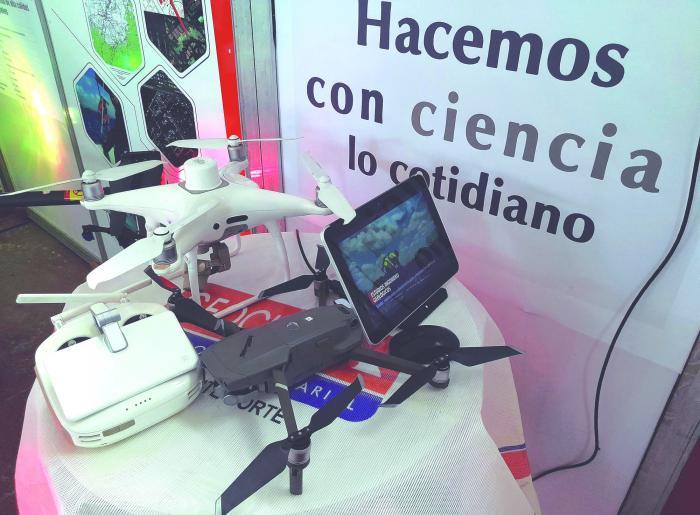The October session of Cuba’s National Innovation Council marked a pivotal moment in the nation’s pursuit of scientific and technological advancement. Chaired by President Miguel Díaz-Canel Bermúdez, the council conducted an in-depth examination of the draft Science, Technology, and Innovation Act, initiating a nationwide debate on its provisions. This legislative effort aims to address existing barriers, fill regulatory gaps, and align with the aspirations of Cuban scientists, as highlighted in numerous consultations. The President emphasized the necessity of broad public engagement, ensuring the law reflects diverse perspectives from the science, technology, and innovation sectors, as well as other societal stakeholders. Armando Rodríguez Batista, Minister of Science, Technology, and Environment (CITMA), presented the draft, underscoring its comprehensive approach to fostering a robust innovation ecosystem. The draft identifies key challenges, including fragmented regulations, inadequate funding, and insufficient integration of social sciences with natural sciences. It proposes 20 foundational principles, such as establishing a high-ranking legal framework, enhancing governance, and recognizing innovative enterprises as integral to the system. The proposed law, structured into eight chapters, seeks to integrate innovation, transition to a knowledge economy, and international collaboration. Over 1,500 individuals, including academics, researchers, and government officials, have already contributed to the consultation process, reinforcing the draft’s potential to drive Cuba’s economic and social development.
Law on Science, Technology and Innovation, a legal standard for the whole of society
